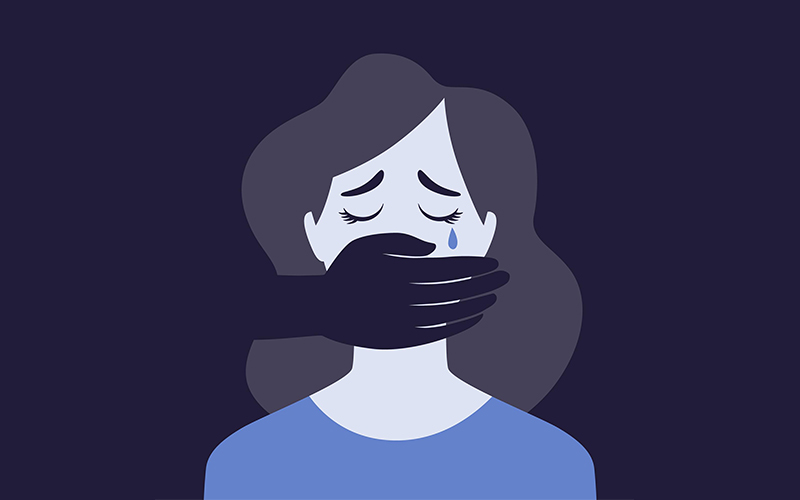Challenging Symbolic Violence
Concluding this series, symbolic violence can also be understood as a form of covert control, where dominant groups maintain their power and privilege by imposing their cultural norms and values on marginalized groups. This can lead to the internalization of these norms by the marginalized, reinforcing the existing power structures. Symbolic violence is often difficult to recognize because it is embedded in everyday interactions and social institutions, making it seem natural and normal. However, by raising awareness about symbolic violence and challenging these dominant narratives, it is possible to work towards a more equitable and inclusive society.
To effectively address symbolic violence, measures must be implemented at both the individual and societal levels. At the individual level, these actions can help create a more inclusive and equitable society by challenging symbolic violence in concrete ways:
- Participate in Diversity Training: Engage in cultural immersion experiences by attending different events and participating in equity and inclusion workshops to broaden your cultural understanding and appreciation.
- Challenge Stereotypes: When you encounter stereotypes in conversations or media, actively challenge them by presenting accurate information or alternative viewpoints. Support programs that educate individuals about the impact of media representation and empower them to critically analyze media messages.
- Inform Others: Share articles, books, or videos that challenge stereotypes and promote understanding with your friends, family, and social networks.
- Reflect on Your Language: Pay attention to the language you use and avoid using derogatory or stereotypical language that may perpetuate this.
- Vote for Inclusive Policies: Support political candidates and policies that advocate for fair representation and opportunities for all members of society.
- Support Small Businesses: Choose to support businesses owned by individuals from marginalized groups to promote economic empowerment and representation.
At the societal level, structural changes are necessary to combat symbolic violence. This includes:
- Education Reform: Advocate for curriculum changes that incorporate a wider range of perspectives and histories, while emphasizing critical thinking to challenge stereotypes.
- Corporate Accountability: Demand that corporations take responsibility for promoting fairness in their hiring practices, advertising, and representation of different groups.
- Legislative Action: Support laws that address systemic inequalities and ensure equal opportunities for everyone, regardless of their background.
- Community Engagement: Get involved in community activities that encourage dialogue and understanding among people from different backgrounds.
- Institutional Change: Work towards changes in institutions (such as schools, businesses, and government agencies) to promote fairness and eliminate discriminatory behavior.
- Research and Data Collection: Support research that examines how symbolic violence affects people and provides information to guide policies and actions to reduce its impact.
In today's media landscape, symbolic violence is often perpetuated through biased and stereotypical portrayals of marginalized groups. For example, studies have shown that media representations of race, gender, and sexuality often reinforce harmful stereotypes and contribute to the marginalization of these groups (Smith & Watson, 2020). Additionally, the lack of diversity in media ownership and decision-making positions can further perpetuate symbolic violence by limiting the representation of diverse voices and perspectives (Jones, 2019).
Recent research has highlighted the pervasive nature of symbolic violence and its detrimental effects on individuals and society. For example, a study by Johnson et al. (2021) found that exposure to symbolic violence in media can lead to increased prejudice and discrimination towards marginalized groups. This underscores the importance of addressing symbolic violence in media and promoting more inclusive and representative portrayals.
In conclusion, addressing symbolic violence requires a multifaceted approach that includes individual and societal-level interventions. By fostering critical thinking, promoting diversity and inclusivity, and challenging discriminatory practices, we can work towards creating a more equitable and just society for all.








